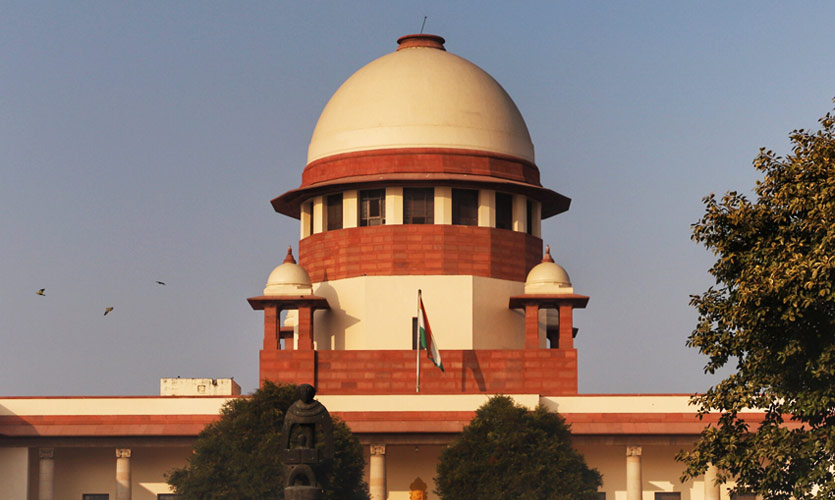In latest developments over the Pegasus snooping row, the Supreme Court appointed an expert committee today to investigate allegations of unauthorised surveillance by the Israel-made spyware. A three-judge Bench headed by the Chief Justice of India, N.V. Ramana, and comprising Justice Surya Kant and Justice Hima Kohli asked a three-member committee supervised by retired Justice R.V. Raveendran to examine the allegations regarding the use of Pegasus thoroughly and present its report to the Court after eight weeks.
While pronouncing its judgment, the apex court highlighted that the Union of India may decline to provide information when constitutional considerations exist such as those relating to the security of the state but it does not mean that it gets a free pass every time the spectrum of national security is raised. The Bench also mentioned that the right to privacy is not just to be enjoyed by ministers or journalists but every citizen of India.
In its initial remarks, the Bench noted, “We live in the era of information and we must recognise that while technology is important, it’s important to safeguard the right to privacy… Every citizen of the country must be protected from violation of their right to privacy and Pegasus snooping allegation is chilling in nature and court must find out the truth.”
CJI Ramana began the judgment with a quote from George Orwell’s book 1984 – “If you want to keep a secret, you must also hide it from yourself.” The order noted that though the Court was not initially satisfied with the writ petitions filed in the case that was based on newspaper reports but acknowledged that various petitions filed by direct victims called for a probe.
The Court also noted that it has given ample time to the Centre to file a detailed affidavit and respond to the allegations, but the Centre’s limited affidavit does not shed enough light on the matter. The Court had no option but to accept the submission of the petitioner prima facie and thus, appointed an expert committee.
“In today’s world, restrictions on privacy is to prevent terrorism activity and can only be imposed when needed to protect national security. But the state cannot get a free pass every time by raising national security concerns. National security cannot be the bugbear that the judiciary shies away from, by virtue of its mere mentioning. Although this court should be circumspect in encroaching the domain of national security, no omnibus prohibition can be called against judicial review. Centre should have justified its stand here and not rendered the court a mute spectator. The court will not encroach upon national security but that does not make the court a mute spectator,” said the CJI.
The central government has been denying all the allegations regarding unauthorised surveillance since the beginning of this snoop and has urged the SC to allow it to form a committee of experts who could further look into it. The petitions, including those filed by the Editors Guild of India, journalists N. Ram, Shashi Kumar, Pranjoy Guha Thakurta, TMC leader Yashwant Sinha, and academic Jagdeep S. Chhokar opposed the government’s request to form a committee. In this regard, the Court’s approval to form a committee of its own by rejecting the plea of Centre manifests its reluctance to accept the Centre’s plea.
Read more: Madras High Court Stays Key Sub-clauses Of IT Rules 2021
The committee that will look into the Pegasus allegations will be supervised by retired SC Justice R.V. Raveendran. The overseeing judge will be assisted in this task by:
- Mr Alok Joshi, former IPS officer
- Dr Sundeep Oberoi, Chairman, Sub Committee (International Organisation of Standardisation/ International Electro-Technical Commission/Joint Technical Committee)
The three members of the committee are:
- Prof Naveen Kumar Chaudhary, Dean, National Forensic Sciences University, Gandhinagar
- Dr Prabaharan P., Prof Amrita Vishwa Vidyapeetham, Kerala.
- Dr Ashwin Anil Gumaste, Institute Chair Associate Prof, IIT Bombay
The Court highlighted in its judgment the nuances of the right to privacy and the importance of press freedom and said, “At the outset, certain nuances of the right to privacy in India – its facets and importance, need to be discussed… Having regard to the importance of the protection of journalistic sources for press freedom in a democratic society and the potential chilling effect that snooping techniques may have, this Court’s task in the present matter, where certain grave allegations of infringement of the rights of the citizens of the country have been raised, assumes great significance.”










